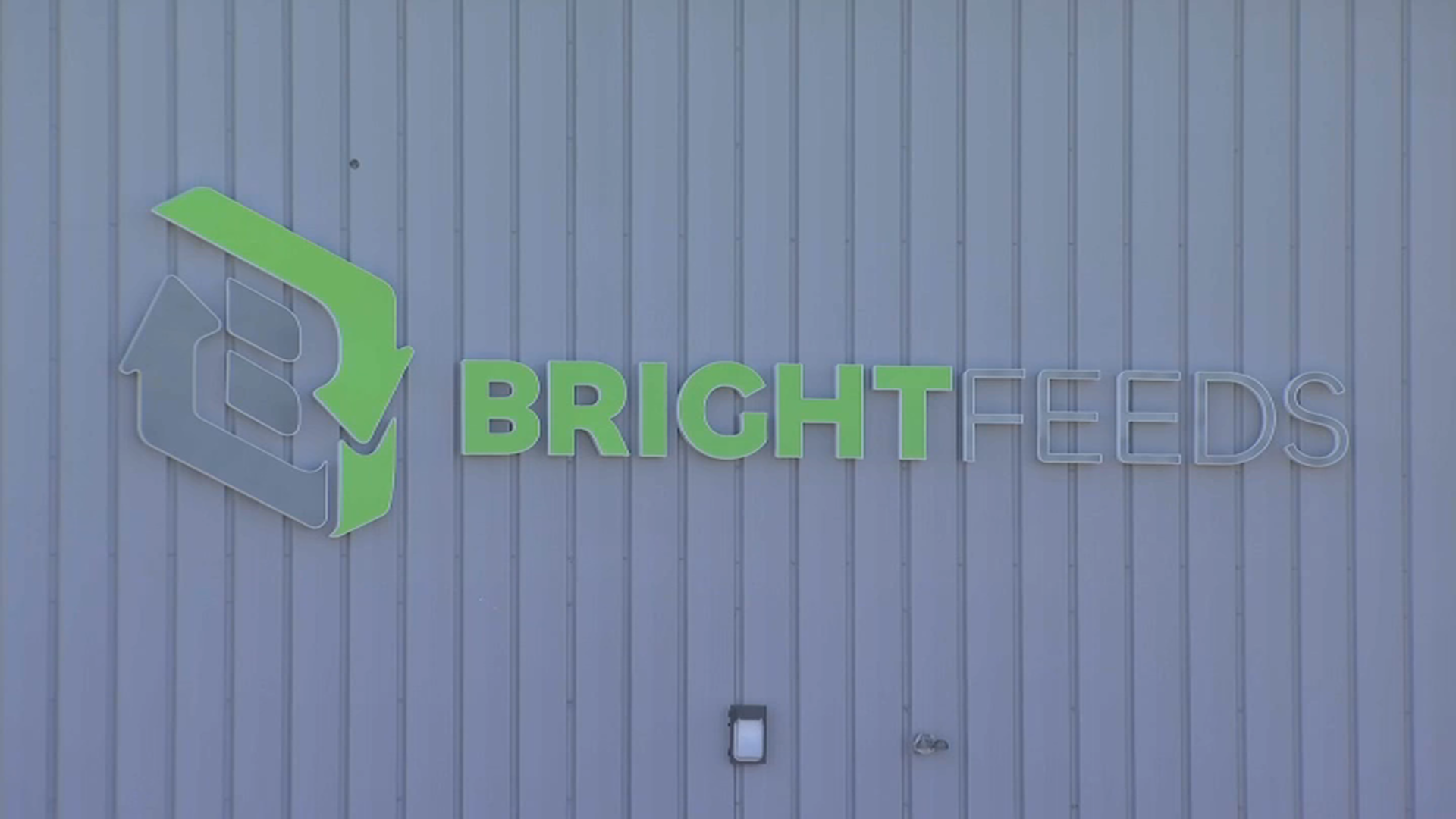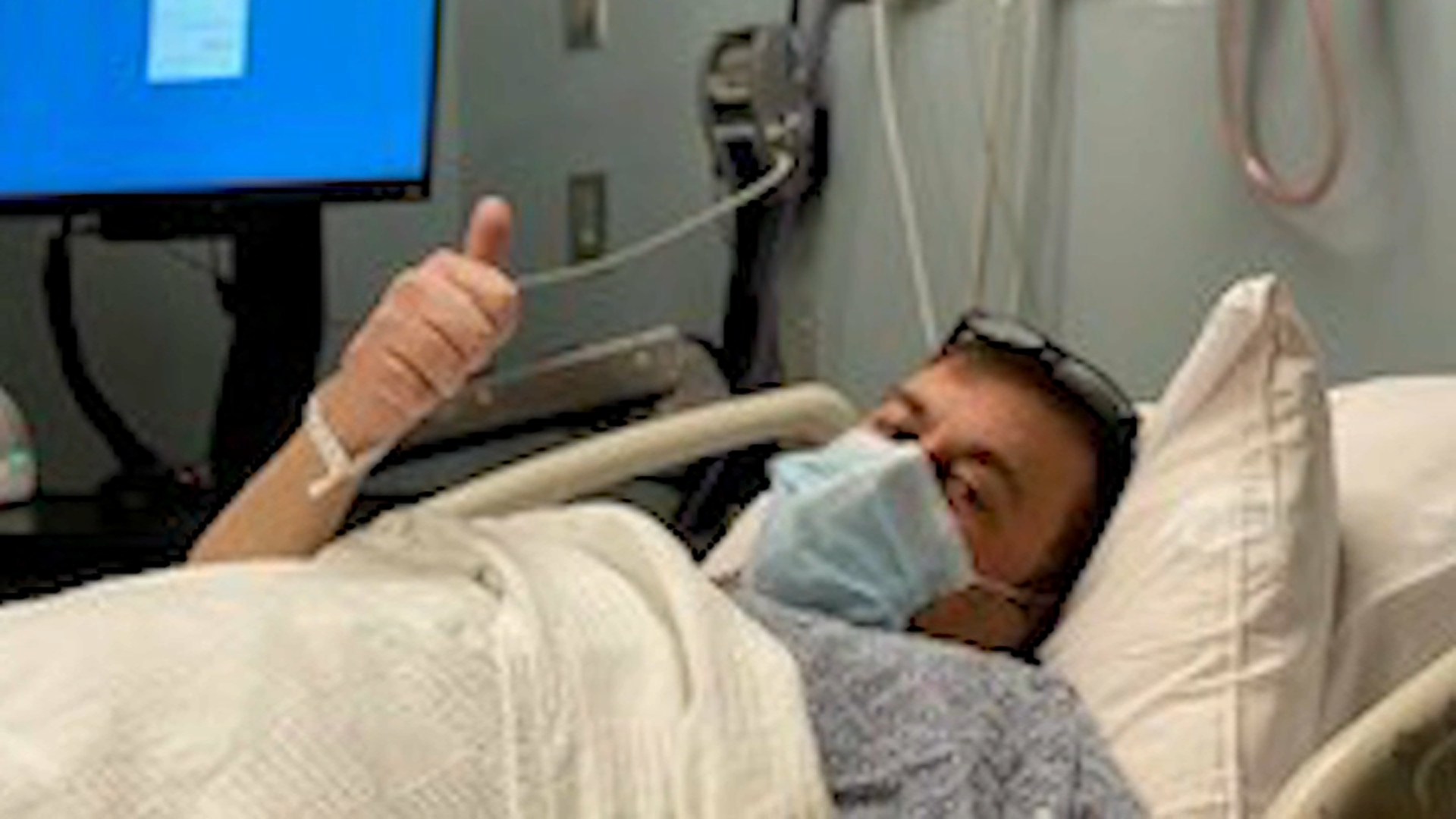The Connecticut Education Department unanimously voted to approve the education commissioner's recommendation, finding reasonable cause that the Killingly Board of Ed failed to fulfill the educational interests of the state.
The Connecticut State Department of Education (CSDE) began an investigation into the Killingly Board of Ed in April after receiving a complaint from parents and students who alleged that their local board of education, "failed to fulfill the educational interest of the State of Connecticut by failing to provide the minimum services and support necessary to deal with the social, emotional and mental health needs of the students of high school."
The complaint was filed with the state after the Killingly Board of Ed voted against a plan to operate a behavioral health center in the high school. More than 50 people signed on to the complaint.
Get Connecticut local news, weather forecasts and entertainment stories to your inbox. Sign up for NBC Connecticut newsletters.
Michael McKeon, director of legal and governmental affairs for the CSDE, led the investigation and filed a 32 page investigation report finding that the Killingly Board of Education "failed" and "refused" to address the mental health needs of its students.
"Despite the fact that Killingly repeatedly acknowledged the fact that it needed social and emotional and mental health interventions for its students, the Killingly Board of Education repeatedly and systemically and inexplicably refused to do anything," McKeon said.
As a result of his investigation, McKeon determined that there was a clear and stated understanding among Killingly's administration that students needed additional mental health supports.
Local
The state's investigation report points to data on increased rates of chronic absenteeism, a high suspension rate, declines in core academic areas and alarming mental health indicators.
In Dec. 2021, the Southeastern Regional Action Council (SERAC) released a report after administering an online survey to Killingly students in grades seven through 12. Results from that survey showed that about 14.7% of the students reported having seriously considered attempting suicide, 18.2% report having hurt themselves on purpose, and 28.6% report that in the past year they have felt sad or hopeless almost every day for two weeks or more.
“The response of the board is silence, indifference," said McKeon, adding that there have been 18 Killingly board meetings since those survey results were released and the board has not taken action in a meaningful way to address the mental health needs of its students.
McKeon said that many school districts are dealing with a surge of mental health needs.
"But whereas other districts have attempted to address it, the Killingly board has failed and refused to do anything," McKeon said. "The number one responsibility of school boards is to ensure not only that their students receive a good education, but that they are safe. In fact, in states they are required to provide a safe school setting and this board has totally turned its back on that."
The complaint against Killingly will now move forward to a hearing with members of the state BOE. If, after the hearing, the state BOE determines that Killingly has failed to implement the education interests of the state, they can order remedial measures.
"In the alternative, and this would be in the best interest of the kids because it would be quicker, Killingly board could decide to work in concert with the state Department of Education to come up with some meaningful interventions that would help its students," McKeon said.
Before the state meeting, Killingly's board chairperson said that he believed the state board should dismiss the report.
"Because it is patently untrue that the Killingly Board of Education intentionally refused to address its students’ mental health needs; that it chose not to respond at all, at least not meaningfully to the students’ mental health needs; or, that it failed and refused to adopt any interventions to address the students’ mental health needs," Norm Ferron, Killingly's Board of Education Chair wrote in an email.
Meanwhile, the Killingly students and parents who signed on to the complaint against Killingly said they were pleased to see the state's response Wednesday.
“Also sad that it had to come to this because if the Killingly BOE had just done the right thing by the students, they could have had the mental health supports in place months ago and now we are still waiting," said Christine Rosati Randall, a Killingly parent.



